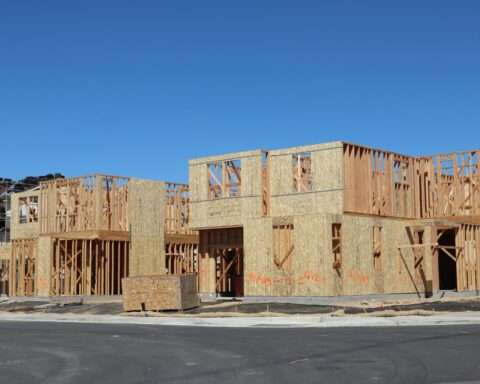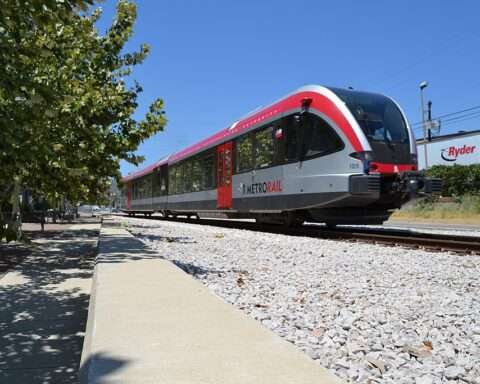The states of Tennessee and North Carolina are preparing their Final Proposals for the Broadband Equity, Access and Deployment (BEAD) Program, which will be submitted to the federal government for final approval on Sept. 4. The states will be the latest to publish their spending plans for bringing high-speed internet access and infrastructure to remote and disconnected communities.
Both states will commit more than $400 million each to close the digital divide in underserved or unserved communities. This year’s BEAD distribution will allocate funding based off of a restructured program highlighting technology neutral methods to saving money and developing solutions for connectivity. Fiber technologies are the frontrunner preferred technology for broadband networks, slated to serve approximately two-thirds of locations across all current state spending proposals.
North Carolina’s proposal includes a request for $408.5 million in federal funds to support broadband infrastructure that would connect more than 93,000 locations across the state by 2030. The state intends to leverage a diverse array of technological solutions, including fiber, cable, fixed wireless and low Earth orbit (LEO) satellite systems to provide fast, reliable internet. In comparison, Tennessee is requesting $404.9 million in federal funds to close the digital gap for more than 44,000 locations, utilizing similar technologies such as cable modem/hybrid fiber-coaxial, fiber-optic, LEO and fixed wireless systems.
Notably, both states will determine Priority Broadband Projects consistent with the BEAD restructuring notice published by the National Telecommunications and Information Administration (NTIA) in June. To qualify, all projects must:
- Offer broadband at speeds of no less than 100 megabits per second for downloads.
- Offer broadband at speeds of no less than 20 megabits per second for uploads.
- Have latency times less than or equal to 100 milliseconds.
- Easily scale speeds over time to meet developing connectivity needs.
- Support the deployment of 5G, successor wireless technologies and other advanced services.
Tennessee will also work toward establishing a long-term fixed broadband speed of one gigabit per second for downloads and 500 megabits per second for uploads. These qualifiers are in accordance with Federal Communications Commission’s (FCC) expectations for achieving future speed threshold capacity.
In addition, due to its natural diverse geography, the state determined that areas with 50% or greater tree canopy obstruction will be considered non-priority for BEAD funding. Extra care was taken to account for the region’s rugged terrain and steep inclines to ensure all broadband infrastructure could be feasibly built and deployed to reach as many residents as possible.
North Carolina has outlined a series of steps it will take to help reduce costs and barriers to BEAD deployment, targeting efforts to:
- Use existing infrastructure.
- Promote and adopt dig-once policies.
- Streamline permitting processes.
- Streamline cost-effective access to poles, conduits and easements.
- Accelerate rights of way.
Photo by Brett Sayles from Pexels













